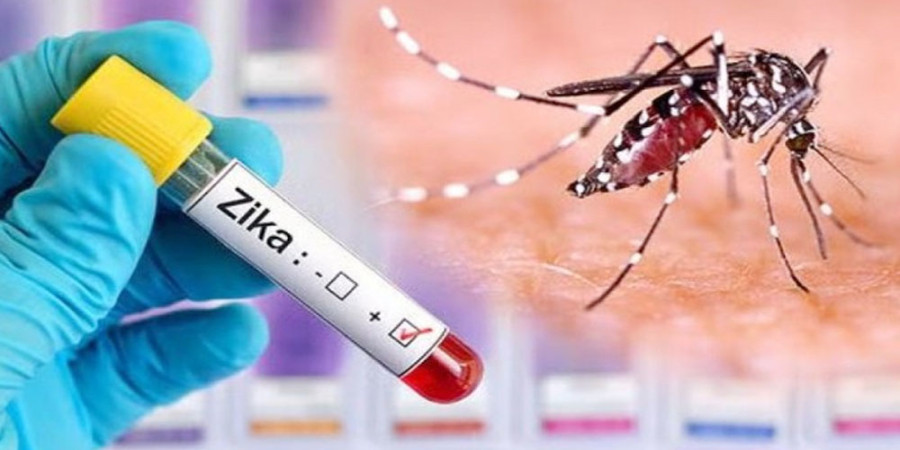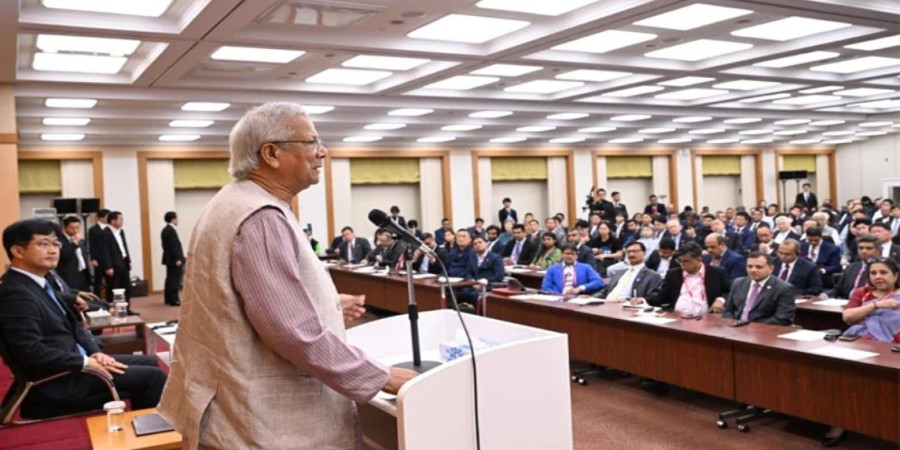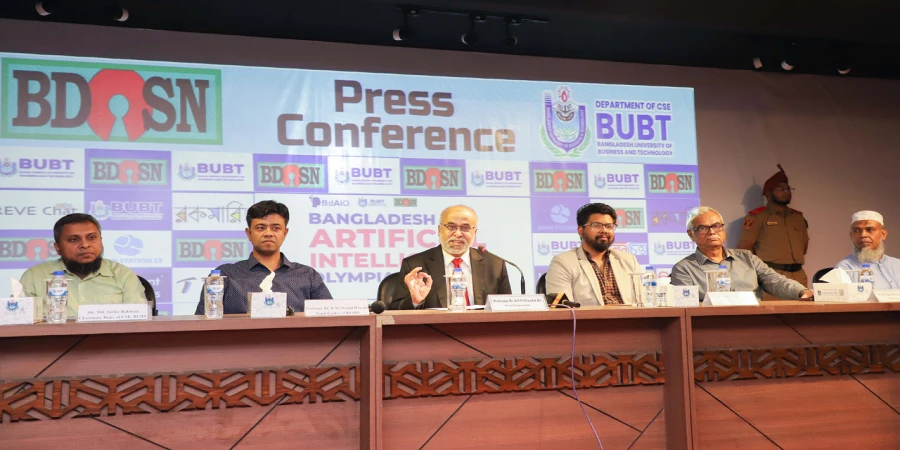
ছবি: Photo: Collected
For the first time in Bangladesh, a cluster of Zika virus cases has been detected. Scientists from the international research organization ICDDR,B have identified five Zika-positive patients in Dhaka, marking the first instance of local transmission of the virus. The findings were published on ICDDR,B's website on Monday, based on tests conducted on 152 patient samples collected in 2023.
The patients, all residents of the same area in Dhaka, exhibited symptoms of fever and other viral infections. Whole genome sequencing and comparative analysis revealed that the Zika strain belongs to the Asian lineage, which has been linked to severe complications such as microcephaly and other neurological disorders. This strain was previously detected in Cambodia and China in 2019.
ICDDR,B highlighted that Bangladesh's tropical climate, warm temperatures, and prolonged monsoon season create ideal breeding conditions for Aedes mosquitoes, which transmit Zika, dengue, and chikungunya. While dengue and chikungunya are well-known in the region, Zika's detection raises new public health concerns.
Zika virus, first identified in Uganda in 1947 and in humans in 1952, spreads primarily through Aedes mosquitoes and sexual contact. About 80% of Zika infections are asymptomatic, and the virus can remain dormant in the human body for extended periods. Pregnant women infected with Zika are at risk of giving birth to babies with severe physical and neurological complications.
This discovery follows a 2016 study by the Institute of Epidemiology, Disease Control and Research (IEDCR), which first hinted at Zika's presence in Bangladesh. Samples collected in 2014 from a patient with no travel history suggested that Zika may have been circulating in the country even before the 2015 outbreak in Brazil.
The recent cluster was identified after testing samples from 152 fever patients at ICDDR,B's Dhaka diagnostic center. Five patients tested positive for Zika, all living within a one-kilometer radius and none having traveled abroad in the past two years. This indicates a localized transmission cycle. Notably, one of the Zika-positive patients was also co-infected with dengue.
The findings underscore the need for heightened surveillance and public health measures to combat mosquito-borne diseases in Bangladesh.
repoter






